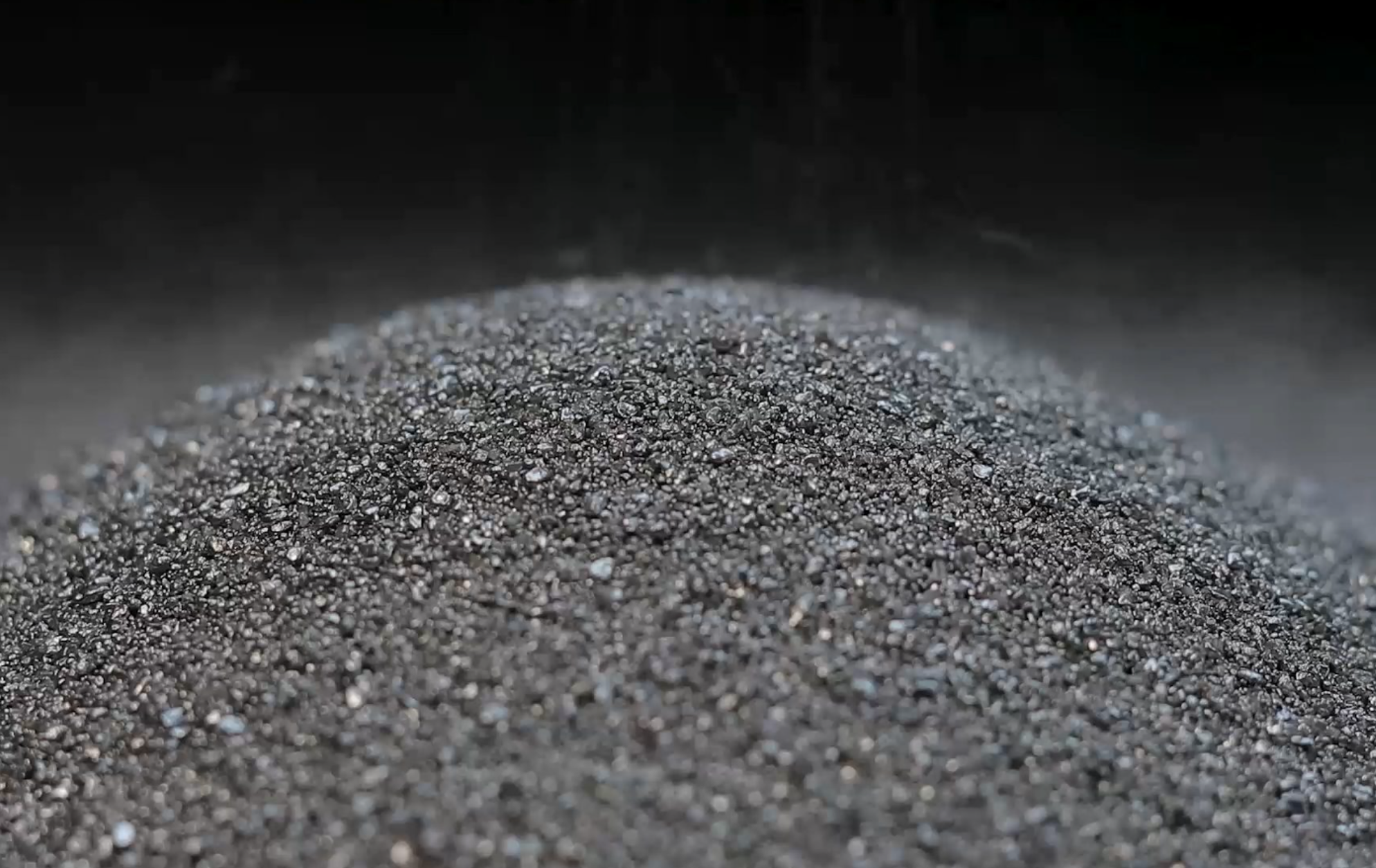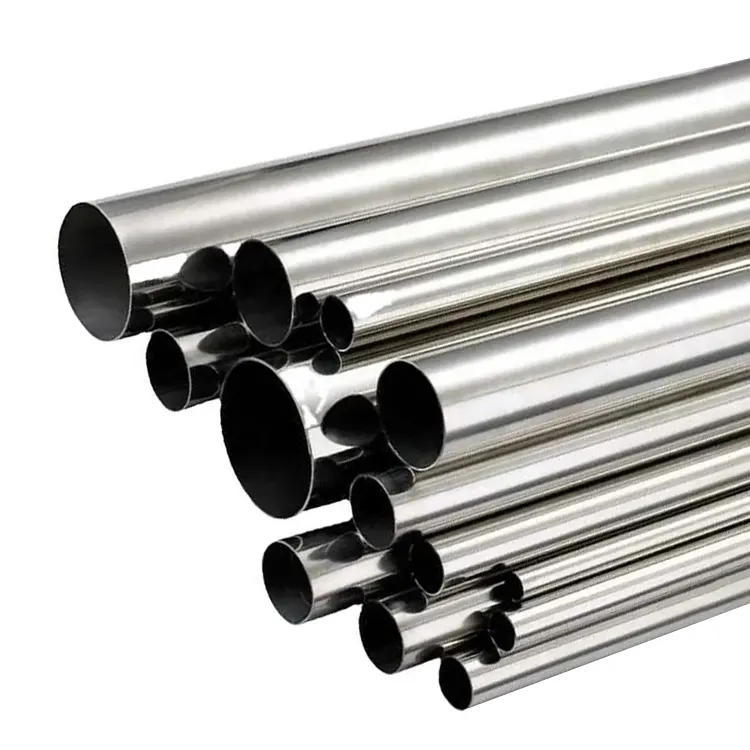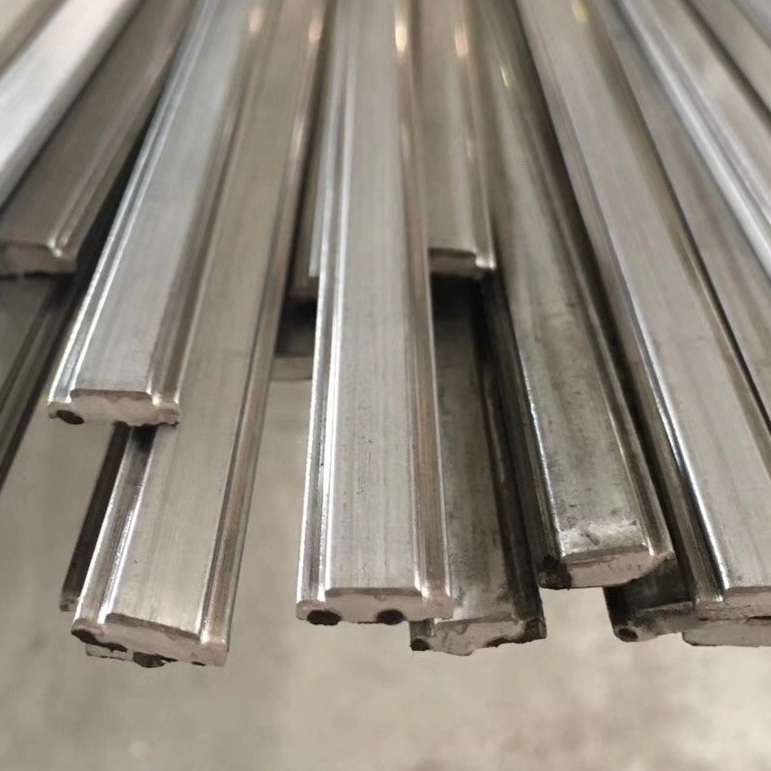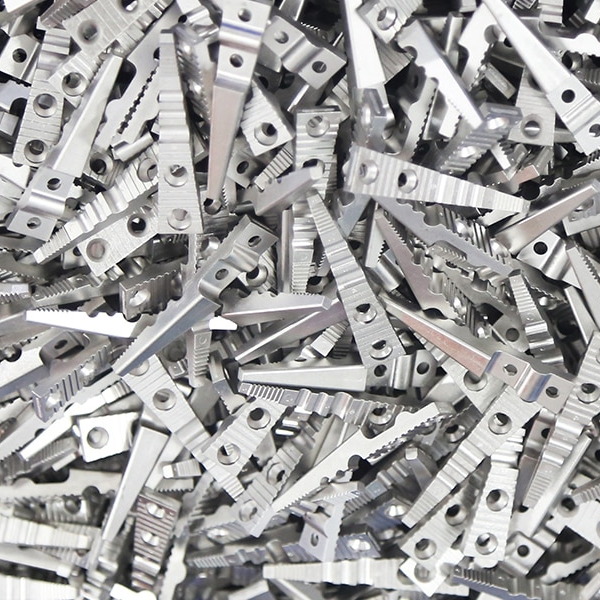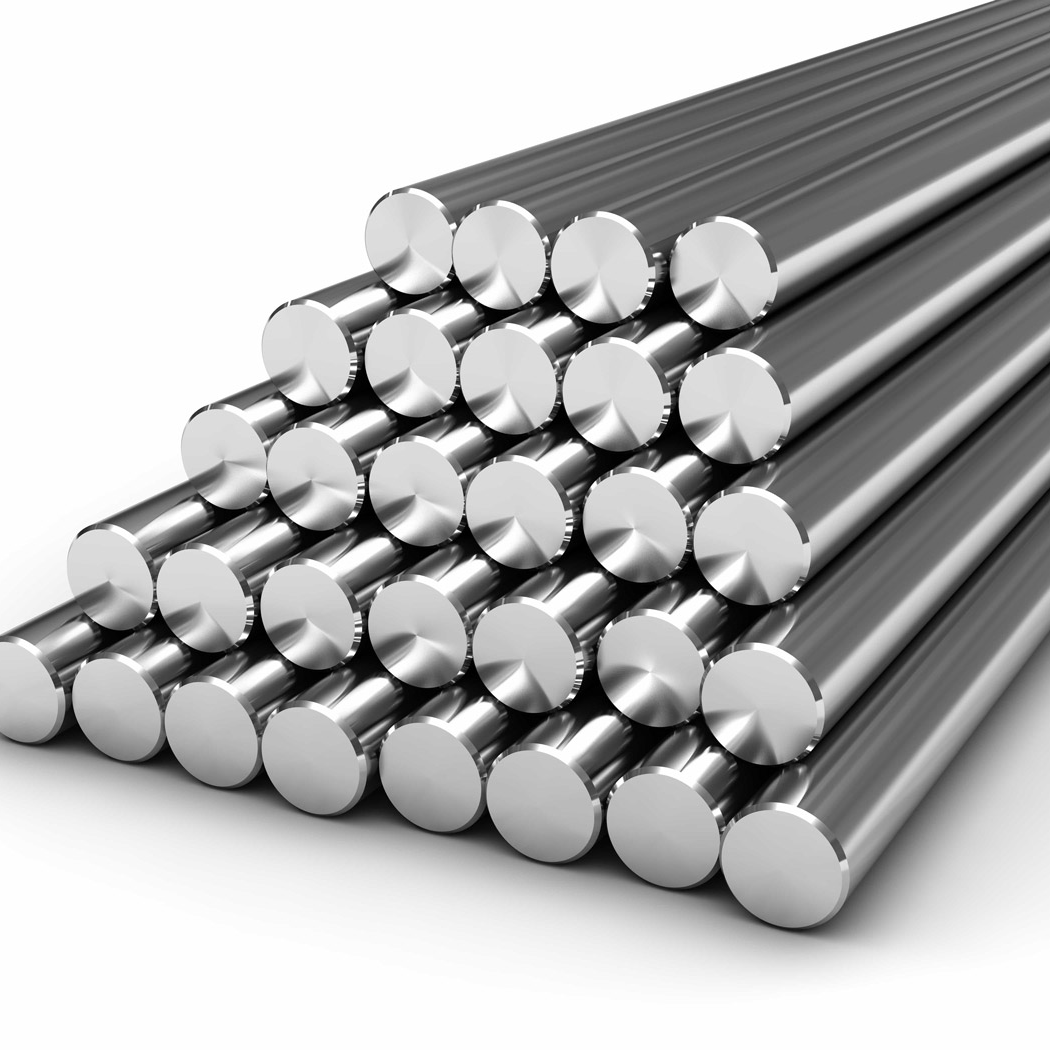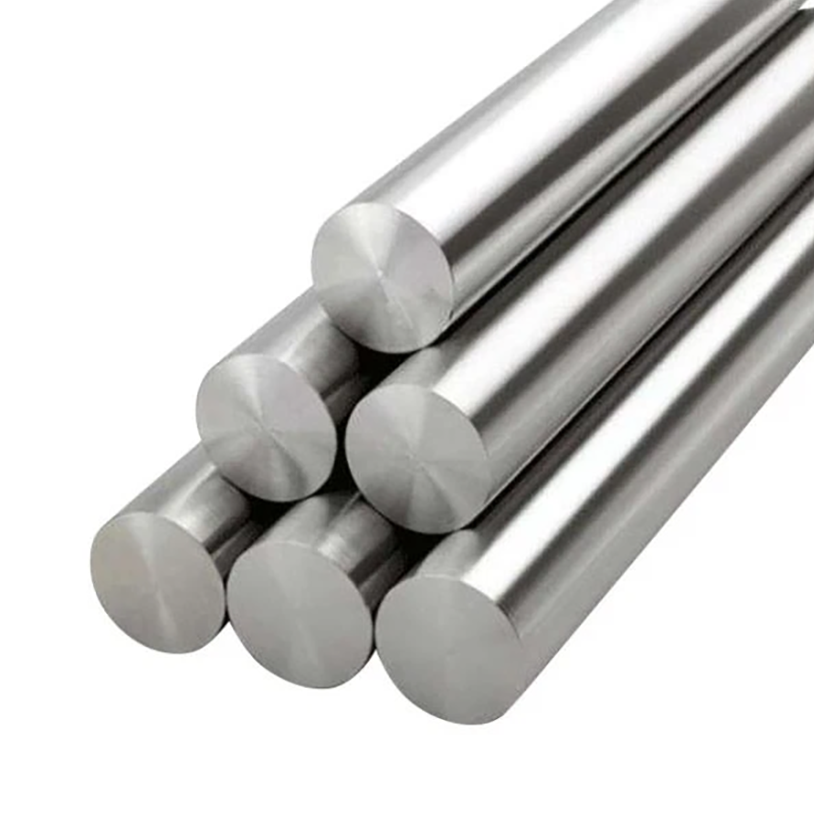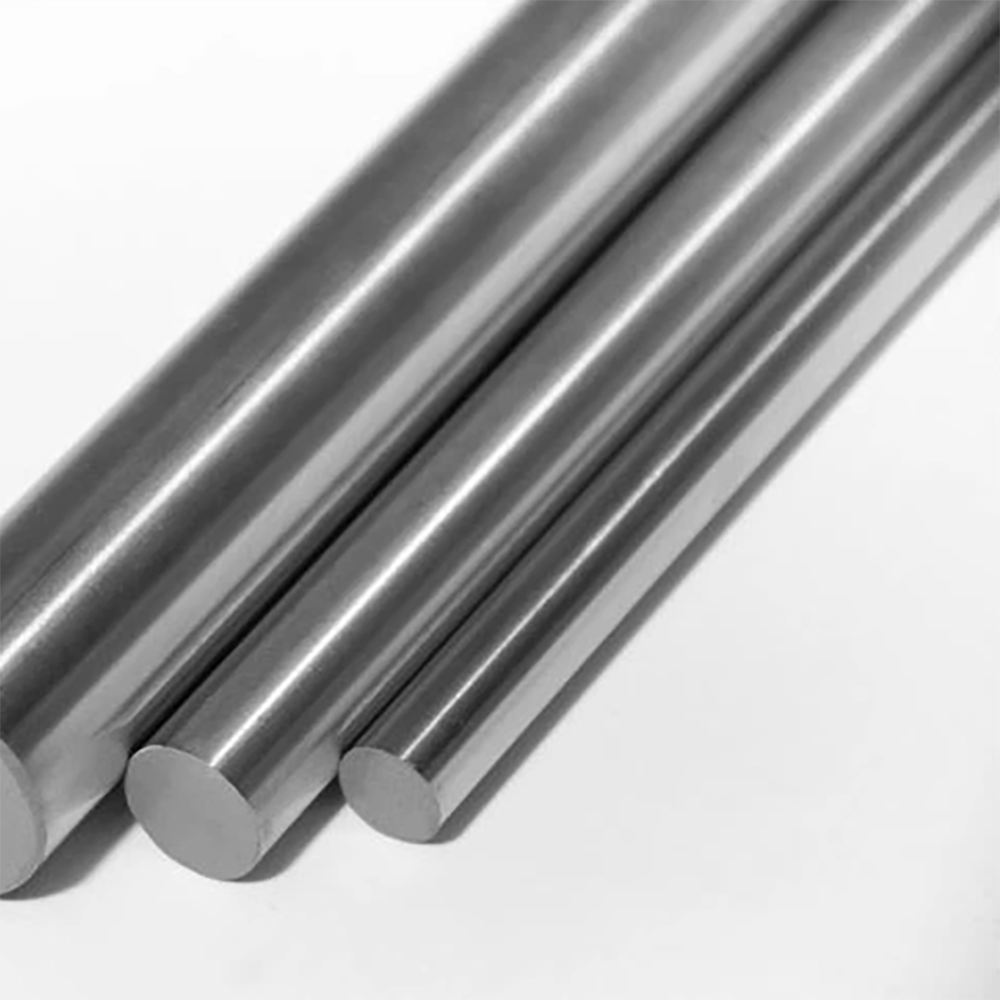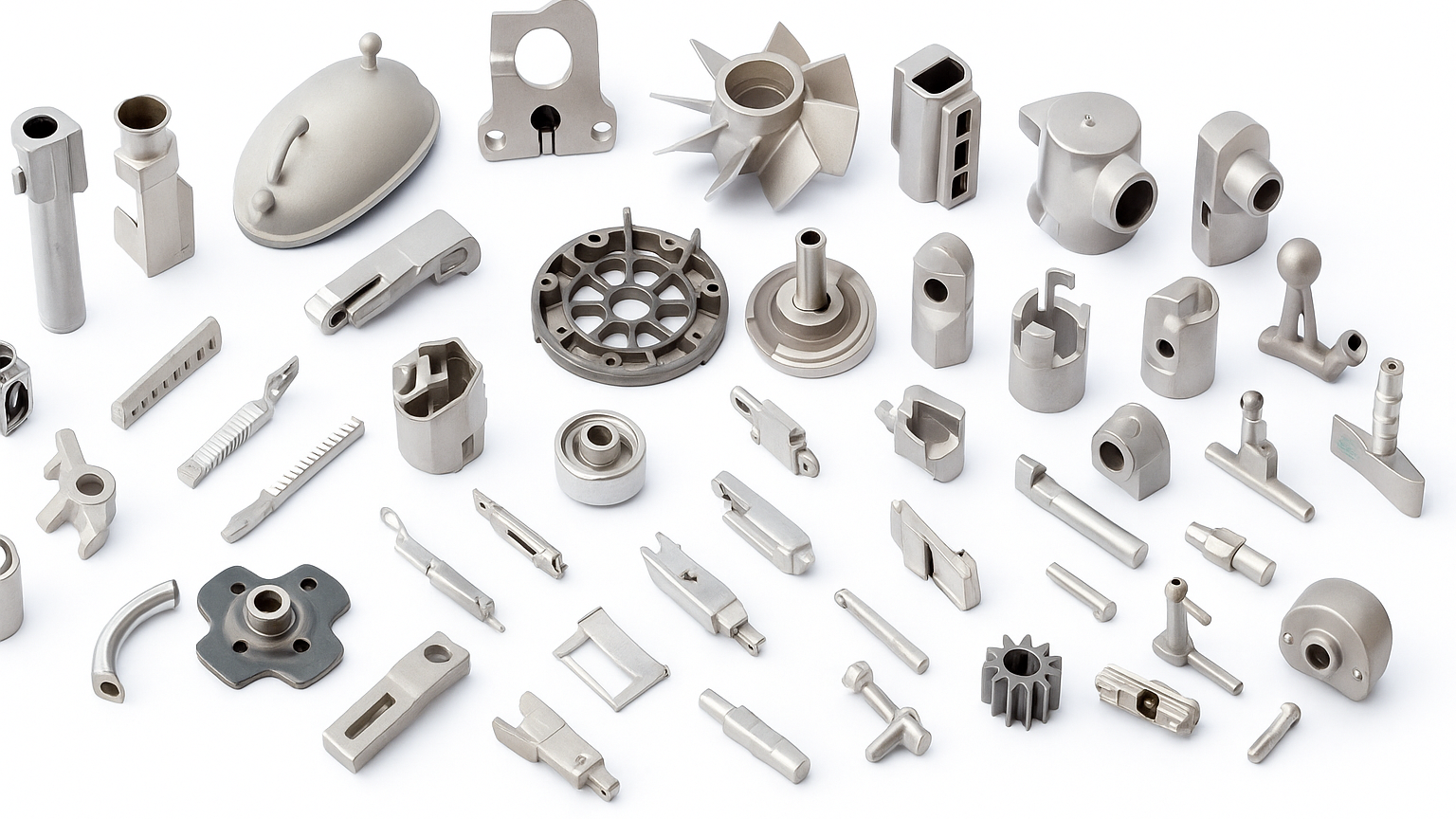
MIM Materials
The Metal Injection Molding (MIM) process is ideal for producing a wide range of precision structural materials used in industries such as medical, optical, semiconductor, industrial, and aerospace. The process involves a mixture of powdered metals and polymers, specifically designed to create various metal parts.
At XY-GLOBAL, we specialize in using stainless steel, copper, and low alloy steel materials for MIM. In addition, we can also process ceramic materials (such as alumina and zirconia) and other special or custom alloys to meet your specific needs.
If the material you're looking for is not listed, don't worry! We have the capability to work with many other materials to manufacture your precision parts, ensuring the best solution for your project.
Stainless Steel
The stainless steel materials used in Metal Injection Molding (MIM) generally include types such as 304L and 316L, which have excellent corrosion resistance, strength and molding ability and are widely used in the manufacture of precision parts.
Iron alloy
In metal powder metallurgy (MIM), ferroalloys are widely used in the automotive, electronic and high-performance magnetic devices industries due to their excellent strength, wear resistance and magnetic properties. Through the MIM process, these materials can achieve efficient manufacturing of precision parts.
Low-Alloy Steel - 4605
High strength, high hardness, suitable for metal injection molding (MIM) Process
Precision machinery parts, electronic product housings, medical equipment accessories
Nickel-Iron Alloy - Fe50%Ni
High magnetic permeability
Micro motors, magnetic shielding for precision instruments, relay cores
Cobalt-Iron Alloy - Fe50Co
High permeability
Motor parts, Bluetooth headsetMachine, automated production line, magneticSex parts, etc.
Special MIM Materials
Specialty MIM materials such as copper alloys (CuNi), cobalt-chrome alloys (ASTM F75, ASTM F1537), and titanium alloys (CP-Ti, Ti-6Al-4V) are known for their excellent corrosion resistance, biocompatibility, wear resistance, and strength, making them ideal for aerospace, medical implants, and electronics applications.
Copper Alloy - CuNi
Excellent corrosion resistance and oxidation resistance, high strength, suitable for complex shape parts (aerospace components, electronic device contacts)
Titanium Alloy - CP-Ti
Pure titanium, strong corrosion resistance, low density, medium strength, good biocompatibility
Marine engineering, medical implants (such as bone plates, joints)
Titanium Alloy - Ti-6Al-4V
High strength, low density, strong corrosion resistance, widely used α+β titanium alloy
Aerospace parts, medical implants, automotive parts
Cobalt-Chromium Alloy - ASTM F75
Bio-compatibility, wear resistance
Medical, orthopedics, dental parts
Cobalt-Chromium Alloy - ASTM F1537
Commonly used in the medical industry where wear resistance, biocompatibility, corrosion resistance, high strength and non-magnetic properties are required
Cobalt-Chromium Alloy - ASTM F75
It has excellent biocompatibility and wear resistance and is widely used in medical devices such as artificial joints and dental implants.
